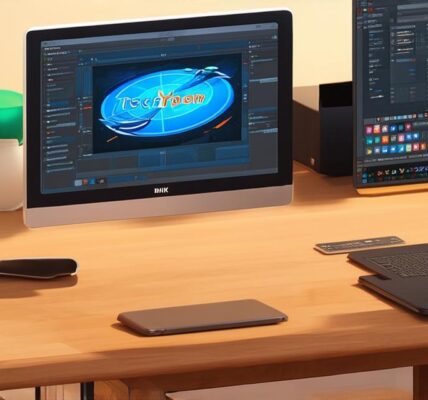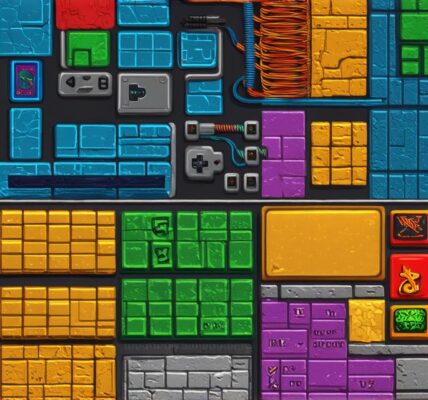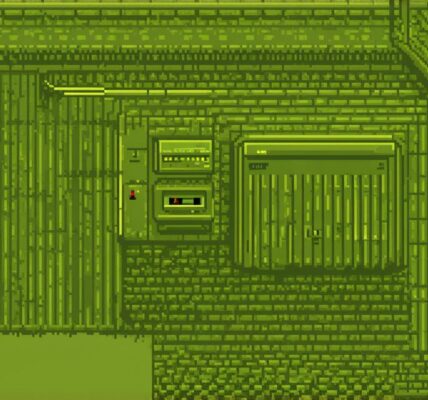Introduction
Game development has become increasingly popular in recent years, as people look for new and exciting ways to express their creativity. The industry is constantly evolving, with new technologies and techniques being introduced all the time. However, if you’re interested in becoming a game developer, there are a few key steps you need to follow.
Skills and Qualifications
Before you can start your journey towards becoming a game developer, you need to have the right skills and qualifications. Here are some of the most important ones:
- Programming Skills: Game development requires a strong understanding of programming languages such as C++, Java, Python, and JavaScript. These languages are used to create the code that powers your games, so it’s important to have a solid foundation in at least one of them.
- Artistic Skills: In addition to programming skills, game developers also need to have artistic skills. This includes things like 3D modeling, texture mapping, and animation. If you don’t have these skills, you can still become a game developer by focusing on other areas such as game design or project management.
- Creativity: Game development requires a lot of creativity. You need to be able to come up with unique and interesting ideas for games that people will want to play. If you’re not naturally creative, you can still develop your creativity by practicing brainstorming and ideation exercises.
- Communication Skills: As a game developer, you’ll need to be able to communicate effectively with other members of the team. This includes everything from discussing design ideas with artists to explaining code changes to other developers.
- Problem-Solving Skills: Game development involves a lot of problem-solving. If something doesn’t work as expected, you need to be able to identify the root cause and come up with a solution.

Education and Certifications
In addition to having the right skills, you also need to have the right education and certifications if you want to become a game developer. Here are some of the most common ones:
- Bachelor’s Degree: A bachelor’s degree in computer science or a related field is often required for entry-level positions in game development. This will give you a solid foundation in programming, as well as an understanding of other important areas such as mathematics and algorithm design.
- Master’s Degree: If you want to advance your career in game development, a master’s degree can be helpful. This will give you more specialized knowledge in areas such as game design or interactive media, and can help you stand out from the competition.
- Bootcamps and Workshops: There are also many bootcamps and workshops available that can help you learn the skills you need to become a game developer quickly. These programs typically last anywhere from a few weeks to a few months, and can be a great way to get your foot in the door of the industry.
- Certifications: While not strictly necessary, certifications such as the Certified Game Developer (CGD) certification can help demonstrate your expertise in the field. These certifications are typically offered by professional organizations such as the International Game Developers Association (IGDA).
Getting Started
Now that you have the skills and qualifications required to become a game developer, it’s time to start getting started. Here are some tips for getting started in the industry:
- Build a Portfolio: One of the most important things you can do as a game developer is to build a portfolio of your work. This will showcase your skills and give potential employers an idea of what you’re capable of. You can start by building small games or projects, and then gradually working your way up to more complex ones.
- Join Online Communities: There are many online communities for game developers where you can connect with other professionals in the field. These communities can be a great way to get advice and feedback on your work, as well as learn about new technologies and techniques.
- Participate in Open Source Projects: Many open source projects are looking for contributors, and this is a great way to gain experience and build your portfolio. You can find these projects on websites such as GitHub and SourceForge.




